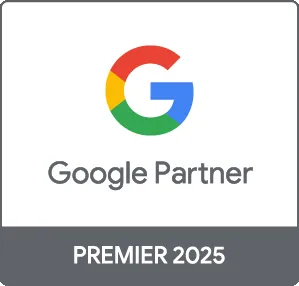The General Data Protection Regulation (GDPR) has significantly impacted how businesses approach online advertising. Since its implementation, companies have had to adapt their strategies to comply with privacy regulations while still effectively reaching their target audiences. In this blog post, we will explore the current trends in online advertising related to GDPR compliance and best practices for businesses to follow in this evolving landscape.
Understanding GDPR and Its Impact on Advertising
GDPR, enacted in May 2018, aims to protect EU citizens' data privacy and give them more control over their personal information. For businesses, this means being transparent about data collection and obtaining explicit consent from users before processing personal data for advertising purposes. The regulation affects various aspects of online advertising, including:
- Data Collection: Advertisers must collect data more ethically, being clear about what information they gather, how it will be used, and ensuring users can revoke consent at any time.
- Targeting and Personalization: With tighter restrictions on collecting behavioral data, businesses need to rethink how they personalize their ads without compromising user privacy.
- Cookies and Tracking: The use of cookies for tracking user behavior has come under scrutiny. Companies must inform users about their cookie policies and provide options to opt-out.
Trends in Online Advertising Post-GDPR
As businesses navigate the post-GDPR landscape, several key trends have emerged in online advertising:
1. Increased Focus on First-Party Data
With the challenges surrounding third-party data usage, brands are turning to first-party data, information collected directly from their customers. This data is not only more reliable but helps build trust and long-term relationships while complying with GDPR regulations.
2. Contextual Advertising Gains Popularity
As behavioral targeting becomes more limited, contextual advertising has seen a resurgence. This method targets users based on the context of the content they are viewing, effectively reaching audiences without sacrificing privacy.
3. Emphasis on Transparency and Trust
Brands are prioritizing transparency in their advertising practices. Providing clear information about data usage and privacy policies helps build consumer trust, which is crucial in today's data-sensitive environment.
4. Rise of Compliance-Focused Advertising Platforms
New advertising platforms that prioritize GDPR compliance are emerging. These platforms offer businesses tools and resources to help them create compliant ad campaigns while minimizing legal risks.
Best Practices for GDPR-Compliant Online Advertising
To effectively navigate GDPR in online advertising, consider these best practices:
- Prioritize Consent: Always obtain explicit consent before collecting personal data and provide options for users to manage their preferences.
- Invest in Data Security: Safeguard customer information with robust security measures to prevent data breaches and build trust.
- Be Transparent: Communicate your data practices clearly through privacy policies and user-friendly interfaces, ensuring users understand their rights.
- Utilize Analytics Responsibly: Use analytics tools that comply with GDPR standards to gain insights into user behavior without compromising privacy.
Conclusion
GDPR has undoubtedly reshaped the landscape of online advertising, presenting both challenges and opportunities for businesses. By staying informed about the latest trends and adapting their strategies accordingly, advertisers can not only comply with regulations but also build stronger relationships with their customers. At Prebo Digital, we understand the importance of compliant advertising strategies. Contact us today to learn how we can help you navigate the world of GDPR and maximize your online advertising success.





